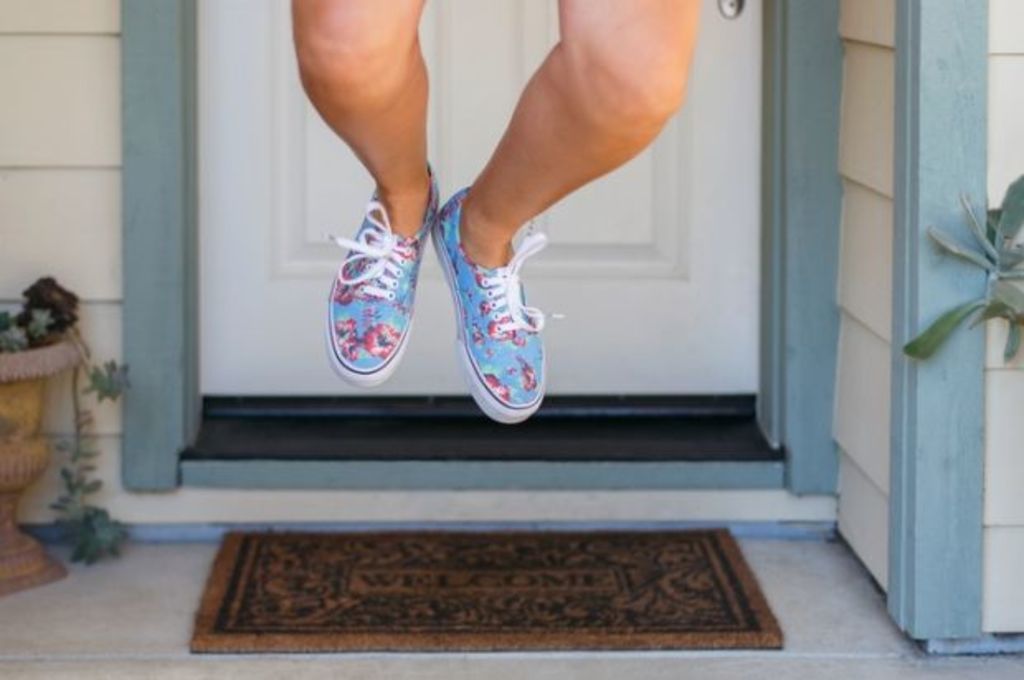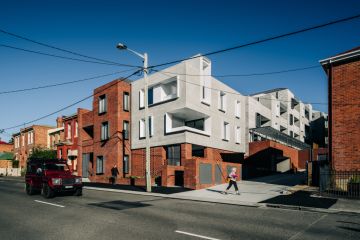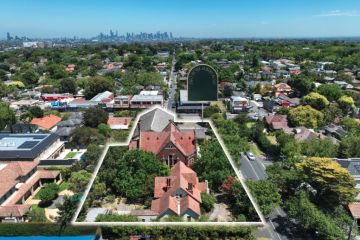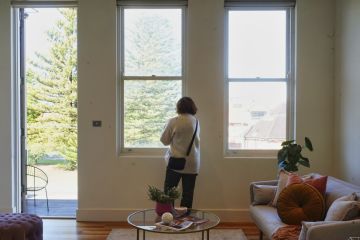What you didn't know about buying a house

People are only too willing to give house-hunters advice. To make sure it’s the right advice, speak to experts and let them “bust” some of the common myths associated with buying property.
Myth 1. Don’t buy the first house you fall in love with.
Sydney inner-city real estate agent and LJ Hooker director Brigitte Blackman says a lot of people miss out on the property they could have “loved best”, believing they haven’t shopped around.
“Just because it’s the first one you’ve seen, doesn’t mean there will be many more that are just as lovely and might even be cheaper,” she says.
“More often than not, people will kick themselves for missing out on that first property they really loved.”
Myth 2. Let your emotions lead the way.
WoledgeHatt director, buyers’ advocate and architect Adam Woledge says home buyers can be sucked in by fancy furniture and interior detail.
“Don’t take too much notice of the smart styling and modern furniture, as this is often hired,” he says.
“High-end appliances in the kitchen can be used to draw a buyer’s eye away from the cheap and nasty joinery and a layout that’s not functional.
“Don’t be fooled by ‘wow’ such as gimmicky design; awkward room proportions; indirect flow (having to walk through a space rather than alongside it, via a hall).”
Instead, keep your emotions in check and look a little closer, he says. For example, a property might have parking for cars, but you might have to drive down a narrow laneway to get to it.
Myth 3. Presentation is paramount.
Woledge advises people to see the wood through the trees and recognise a home’s potential. “If the structure is sound, the house could be improved by a few low-cost cosmetic touches,” he says. “Many buyers are put off by nasty smells in unrenovated homes (particularly tobacco odours), yet this can be resolved if carpets and blinds are removed and internal surfaces repainted.”
 Don’t be too distracted by the styling. Photo: Stocksy
Don’t be too distracted by the styling. Photo: Stocksy
Myth 4. You should sell before you buy.
Hocking Stuart South Yarra director Peter Perrignon says you don’t have to sell before you buy. “It hasn’t been the case in Melbourne for the past two years because it’s such a strong market. People are confident they will sell their home, but want to make sure they secure their new home first. They are scared if they wait to sell their home before they buy, they won’t find a house they really like, and with prices rising so fast, the market could run away from you in six months.
“It’s also easier now to buy before you sell because bridging finance isn’t as expensive as it once was.”
However, selling before you buy a property carries risk. NAB head of mortgages product management Robin Lim says: “Bridging finance is a term used by the lenders to effectively bridge the debt that you may have if you are selling your home versus buying your new home.
“Generally they’ll require two pieces of documentation: documentation in relation to the sale of the property, as well as the documentation associated with the purchase of the new property. Make sure you have these when you go to see your lender.
“Regardless of whether you buy or sell first, you need to examine your circumstances in both scenarios. For example, if you buy first, you want to make sure you have an accurate valuation of your existing home and you can afford the bridging finance.
“Seek professional advice from your banker or your broker.”
Myth 5. You need a deposit of 20 per cent.
Lim says it is possible to obtain a loan with a smaller deposit.
“If you borrow more than 80 per cent of the property’s value, you may be required to take out lenders’ mortgage insurance [LMI]. It must be remembered that LMI isn’t actually insurance for you as the borrower. It’s a fee paid by you on behalf of the lender for loans that are generally larger than 80 per cent loan-to-value ratio.”
 How much do you really need for a deposit? Photo: Stocksy
How much do you really need for a deposit? Photo: Stocksy
FOUR THINGS BUYERS WON’T KNOW:
1. Buyer beware.
You buy a house in the condition in which it is sold. If you find faults (such as structural damage) after you’ve signed the contract, you can’t get a refund or compensation.
2. Extra costs associated with the transaction.
It is important to find out how much you will have to pay in stamp duty and other taxes, solicitors’ fees and insurances.
3. The bank owns your home.
The lender will hold a security interest on your property until you have discharged the mortgage.
4. Costs associated with owning a home.
As the owner, you are responsible with outgoings such as council rates, water rates and other levies as well as the utility bills.
.jpg) You’ve bought a home … now what? Photo: Stocksy
You’ve bought a home … now what? Photo: Stocksy
We recommend
We thought you might like
States
Capital Cities
Capital Cities - Rentals
Popular Areas
Allhomes
More







